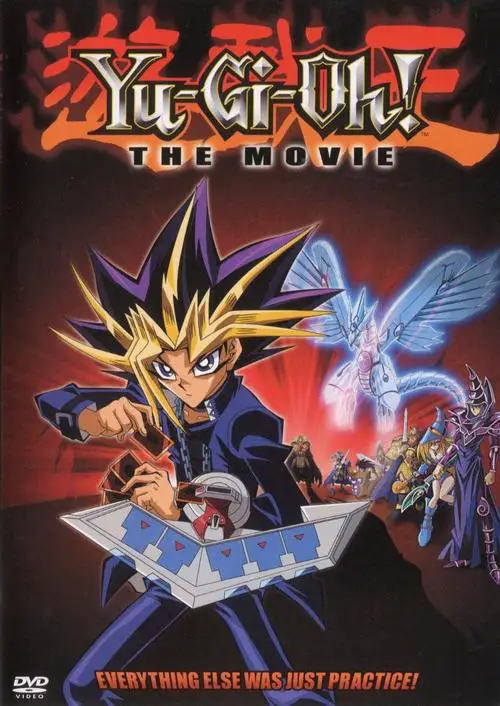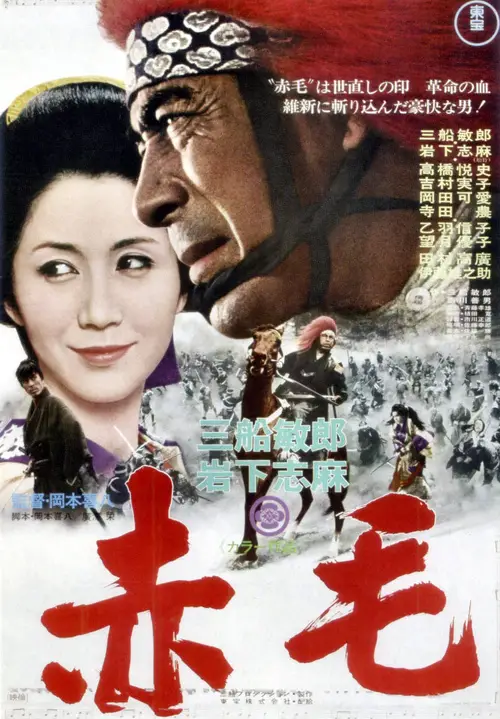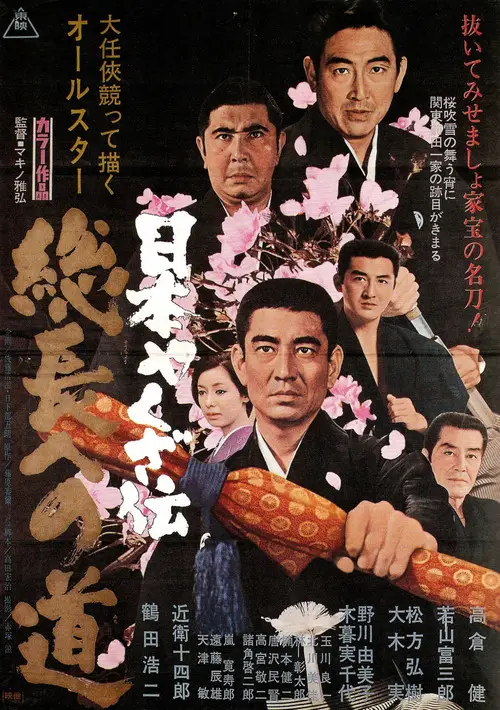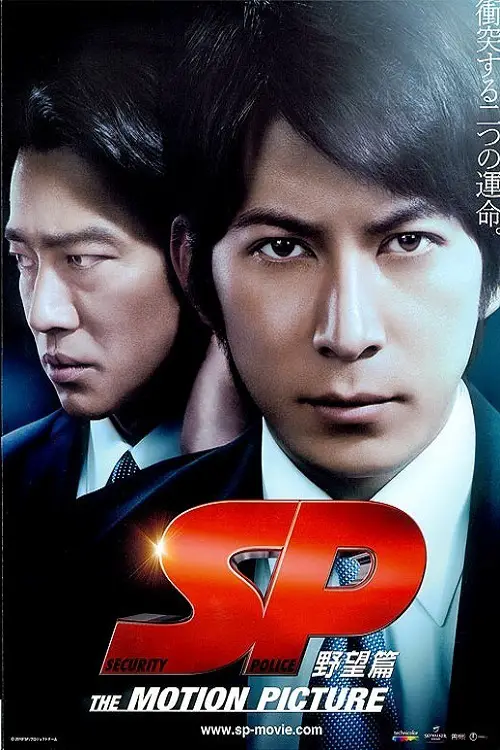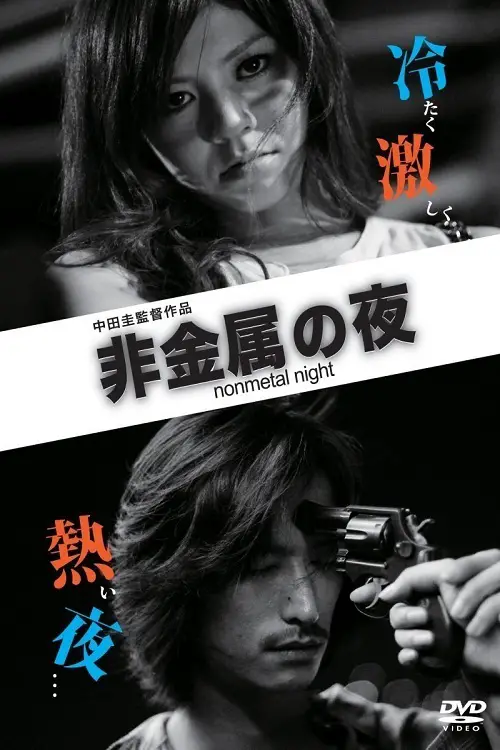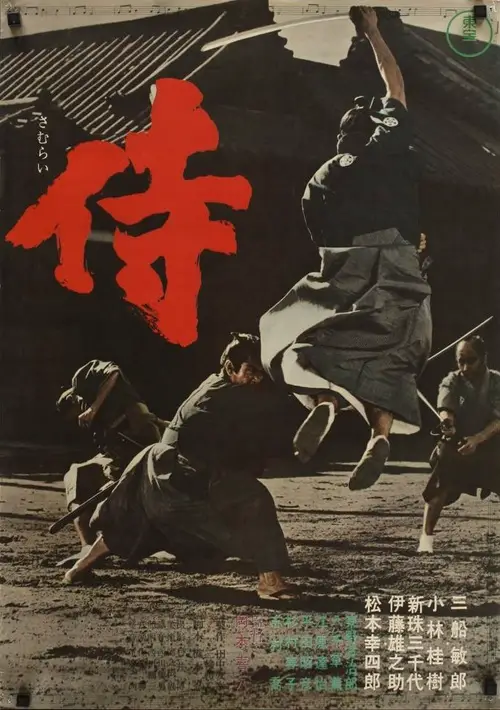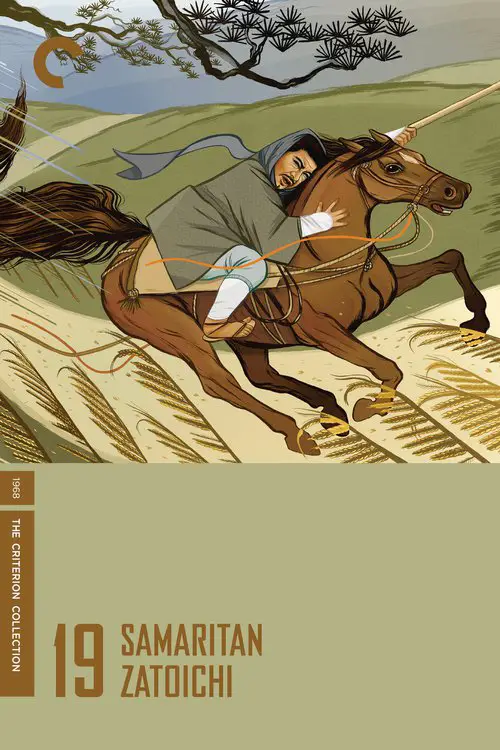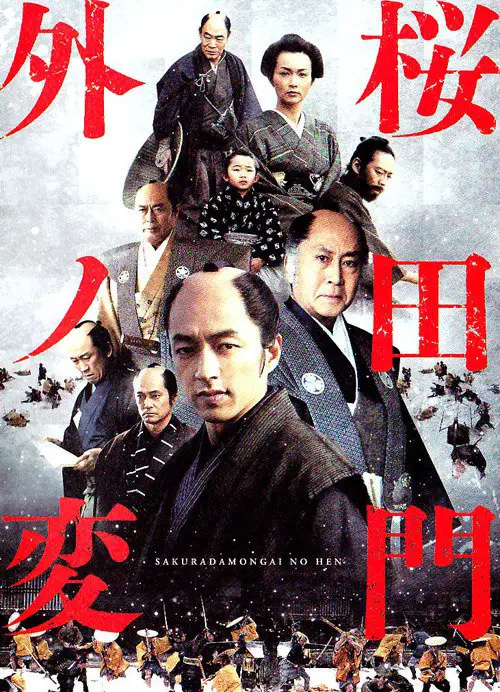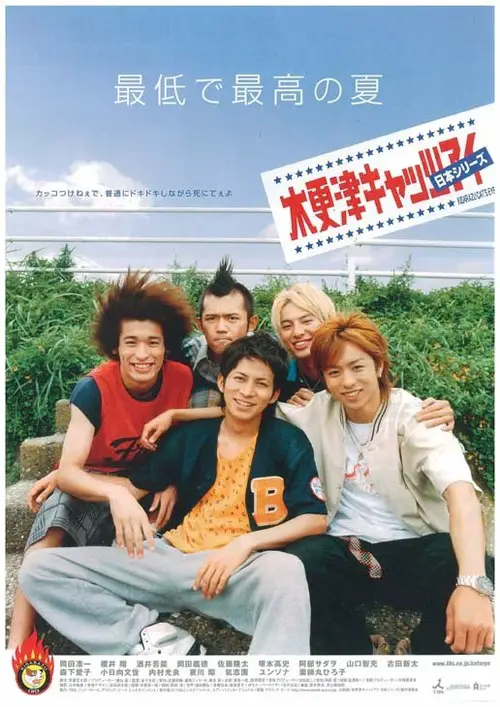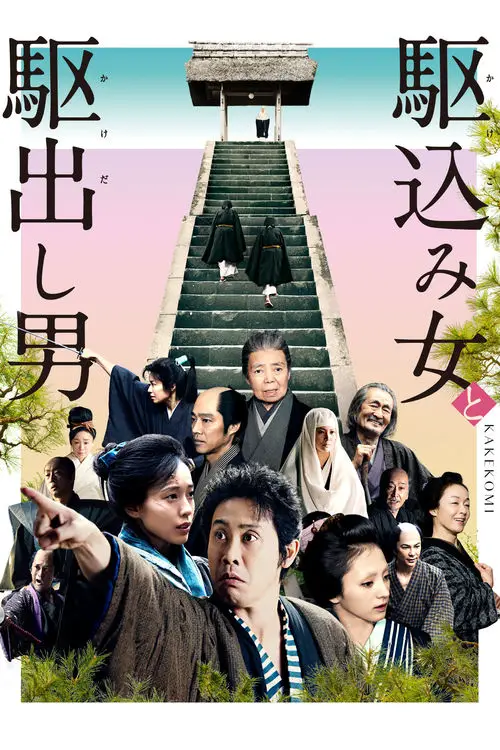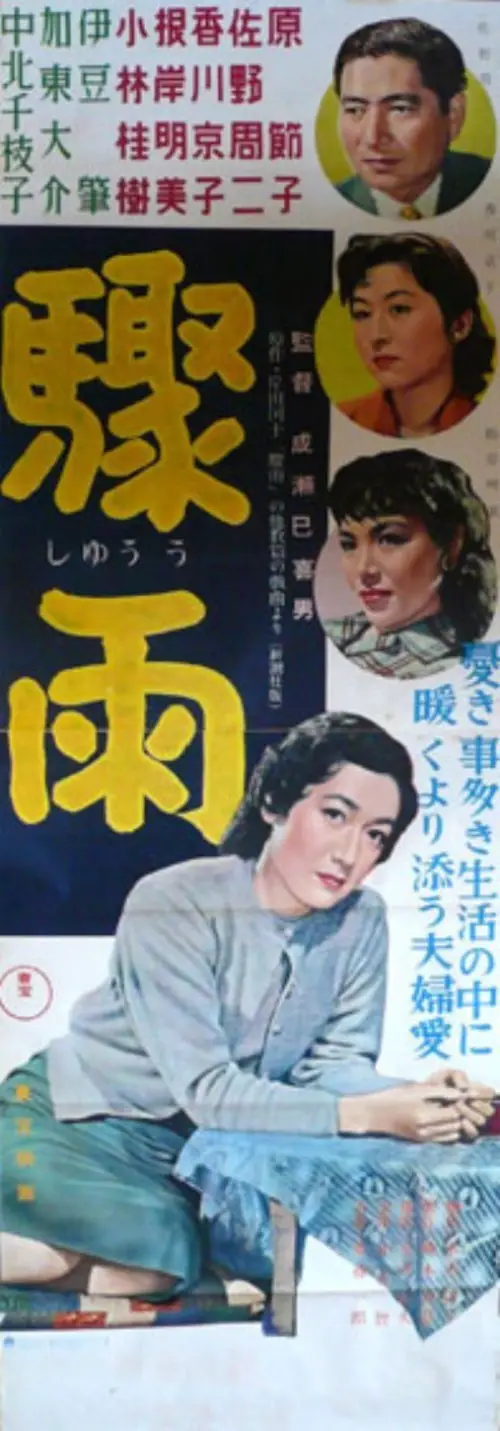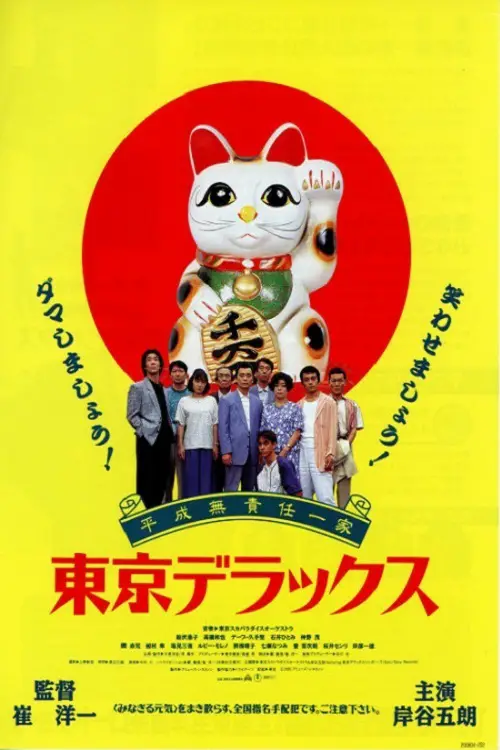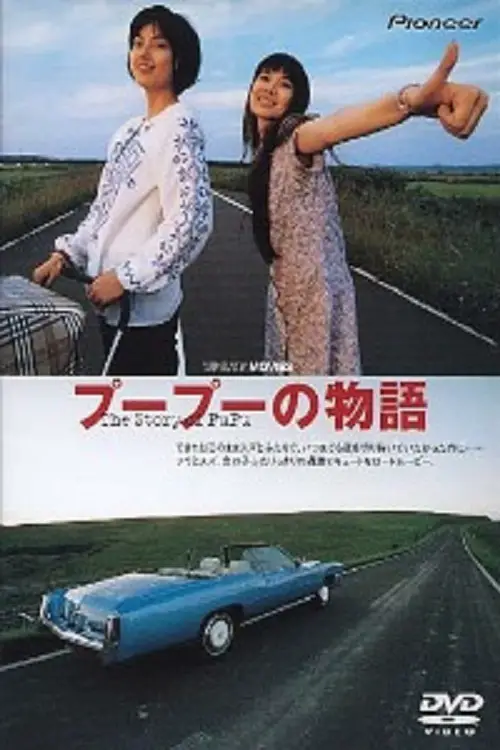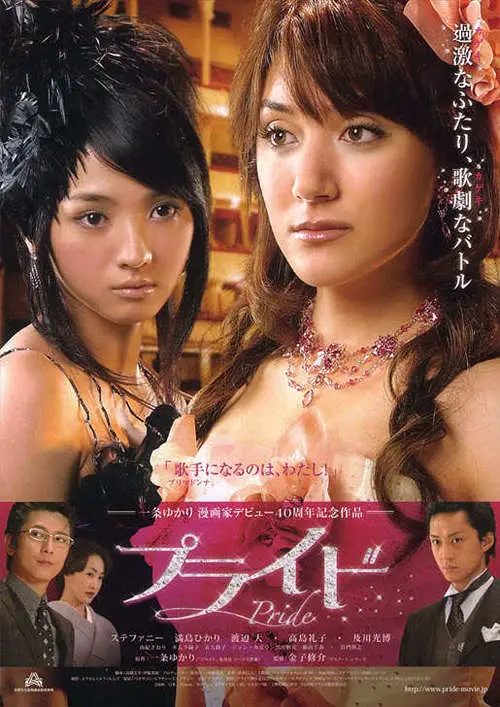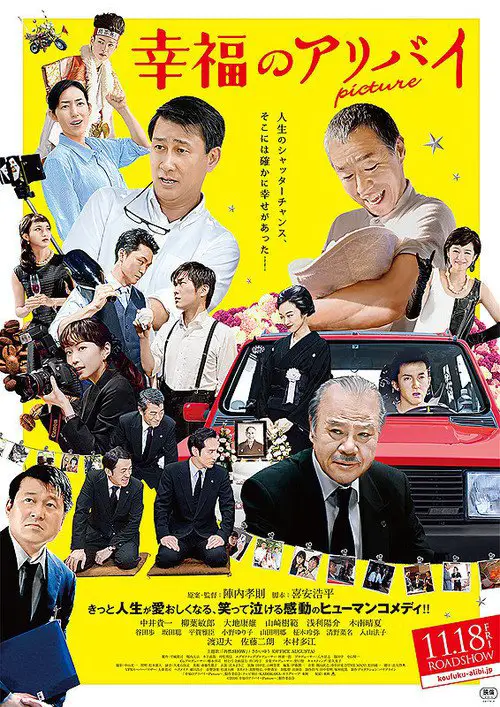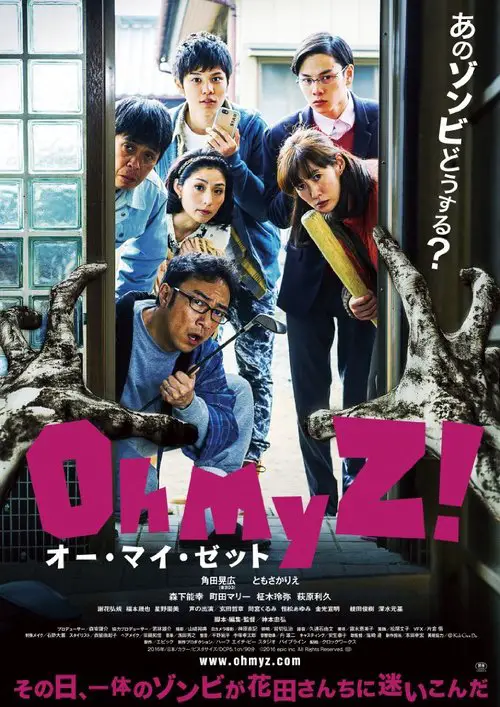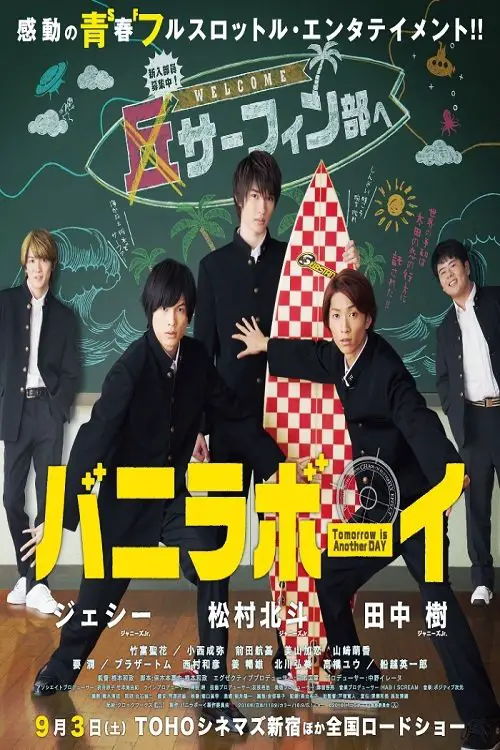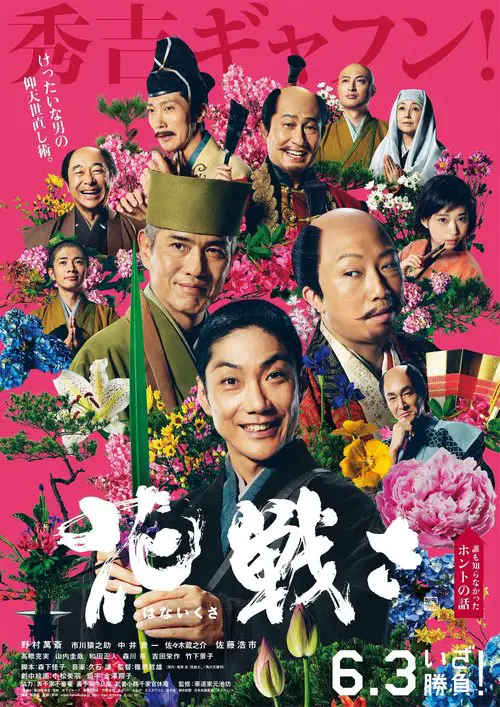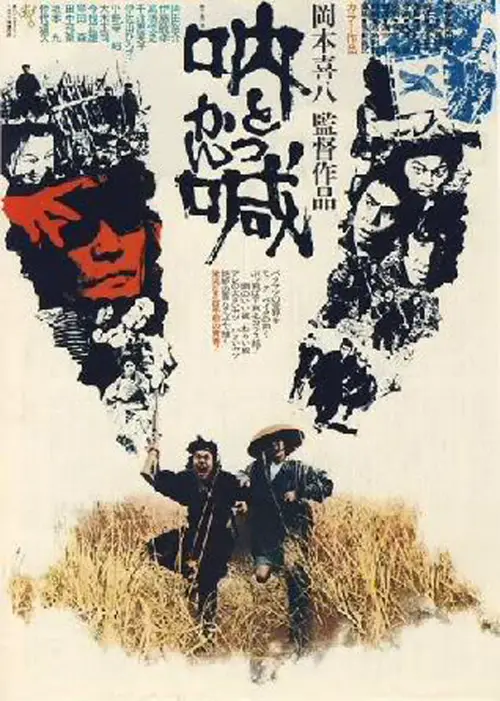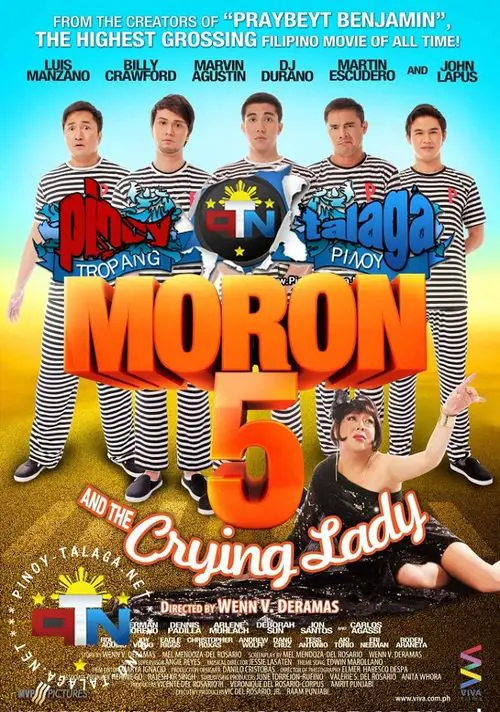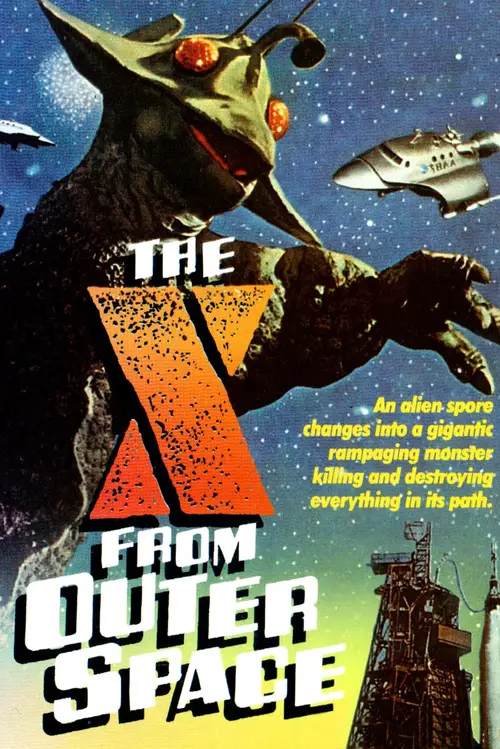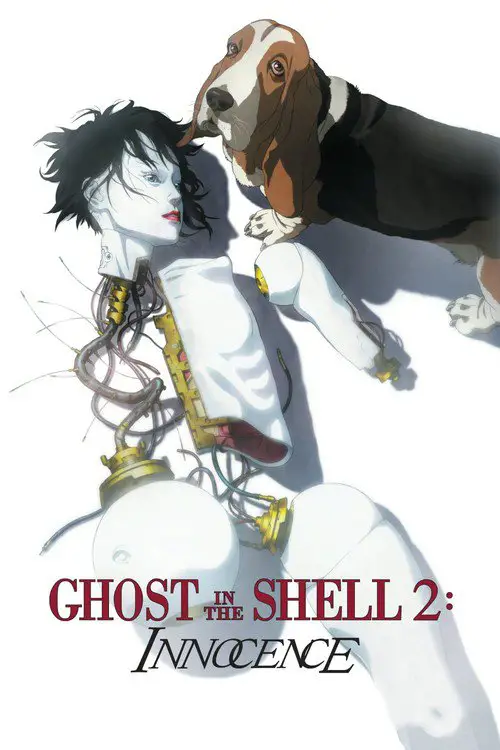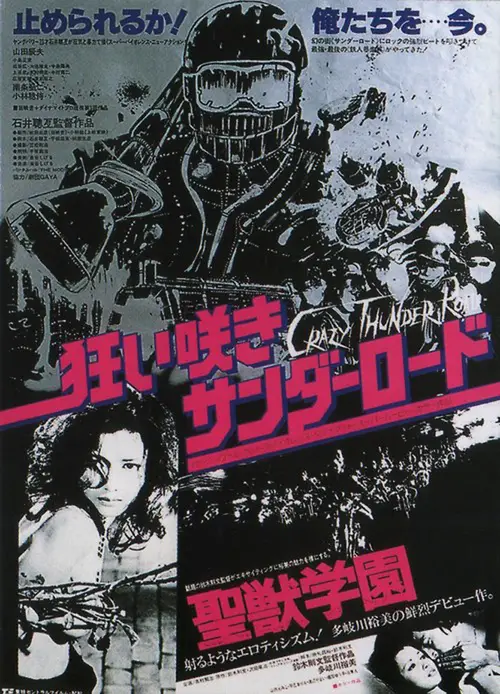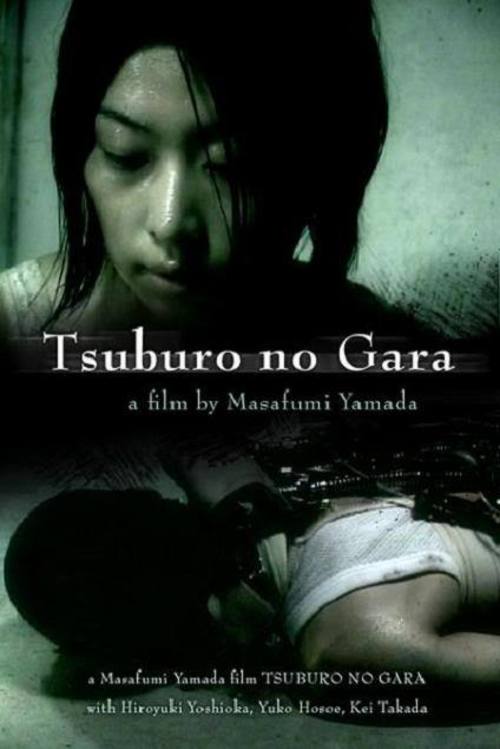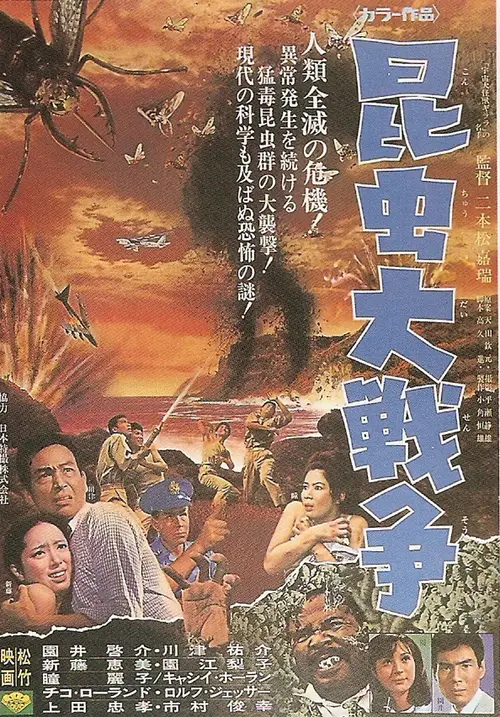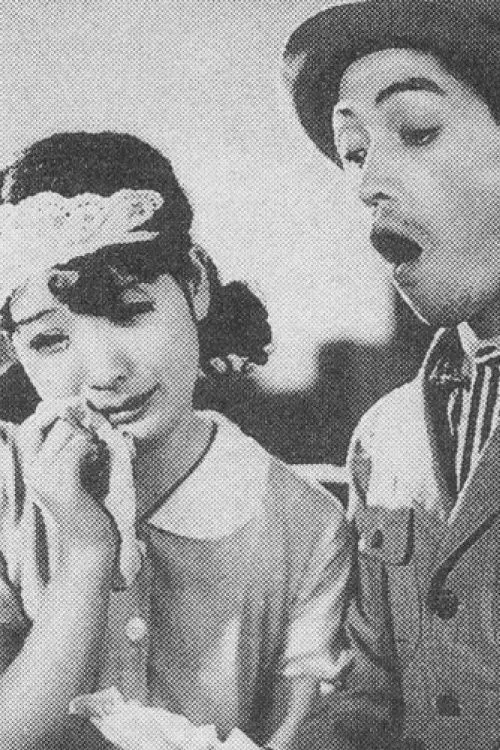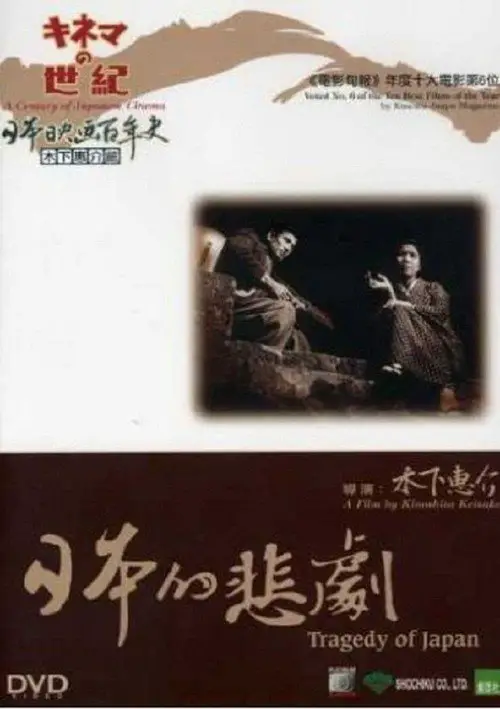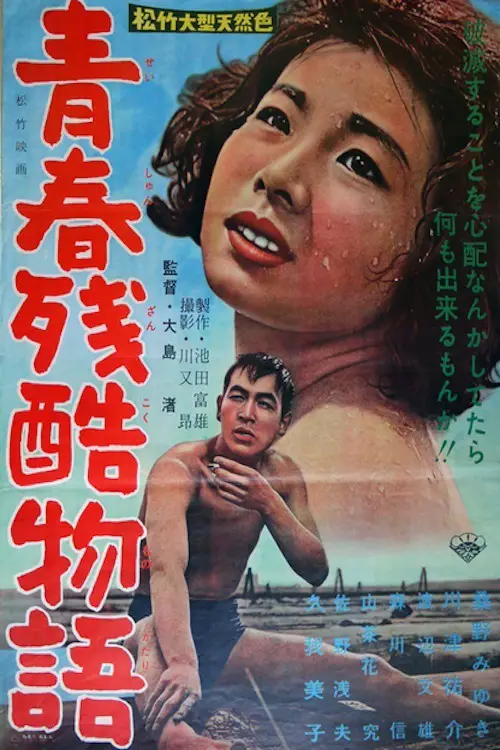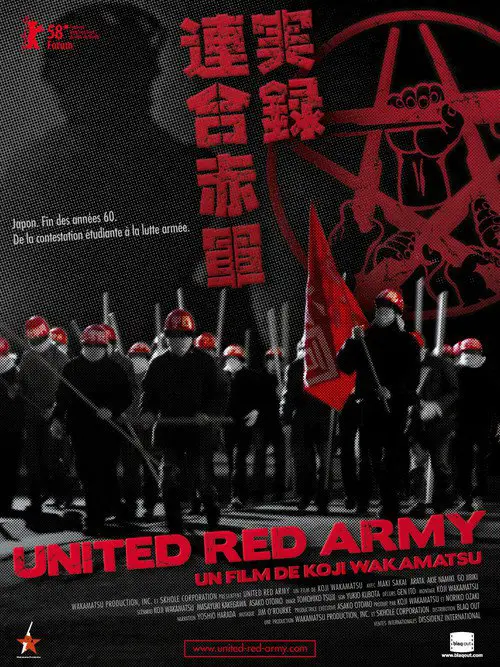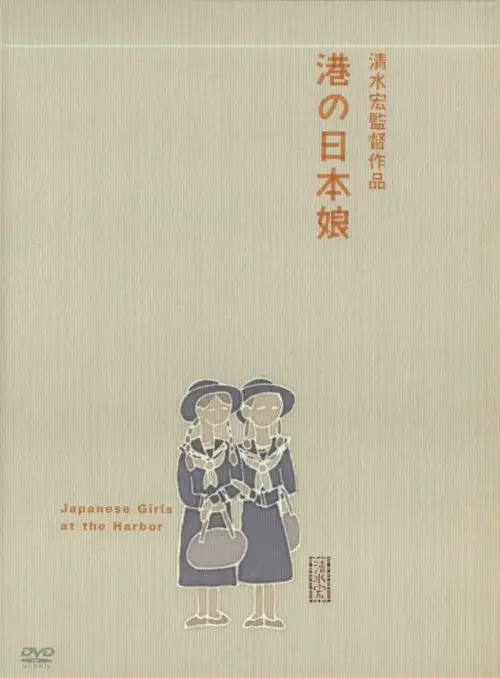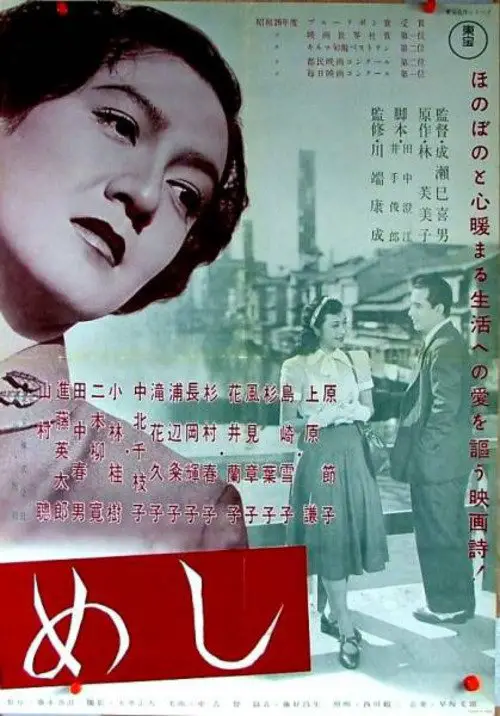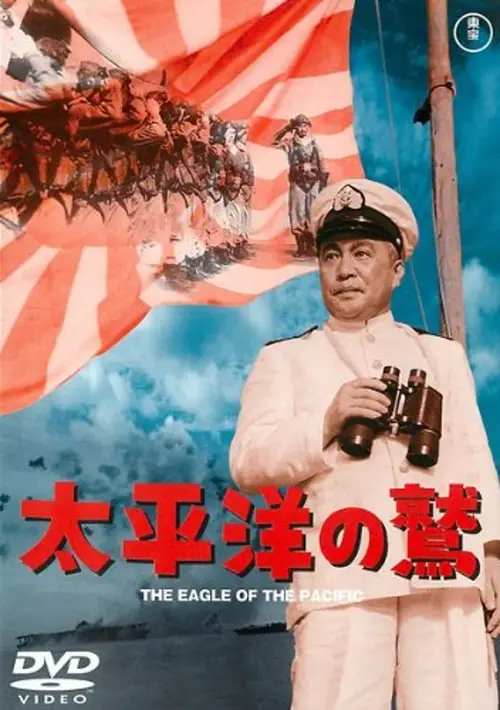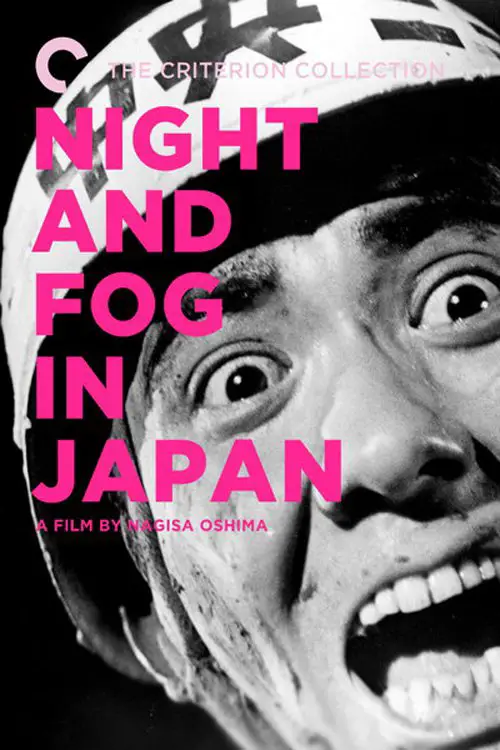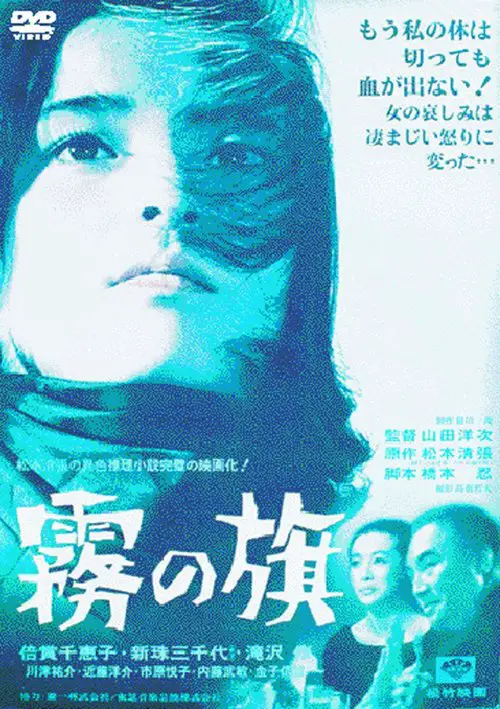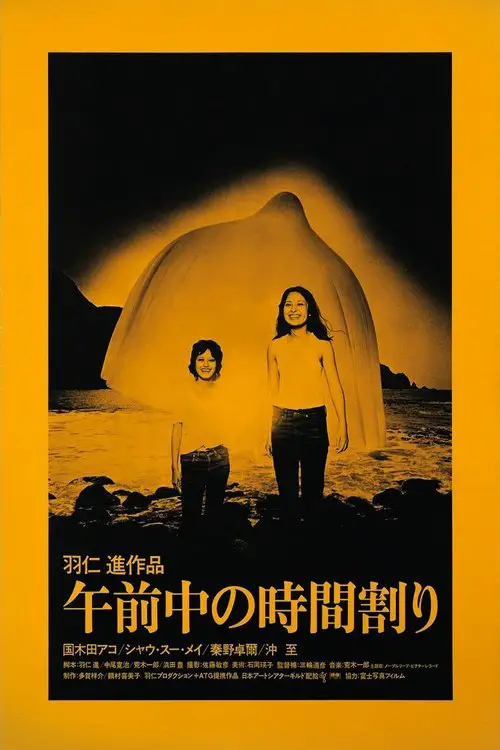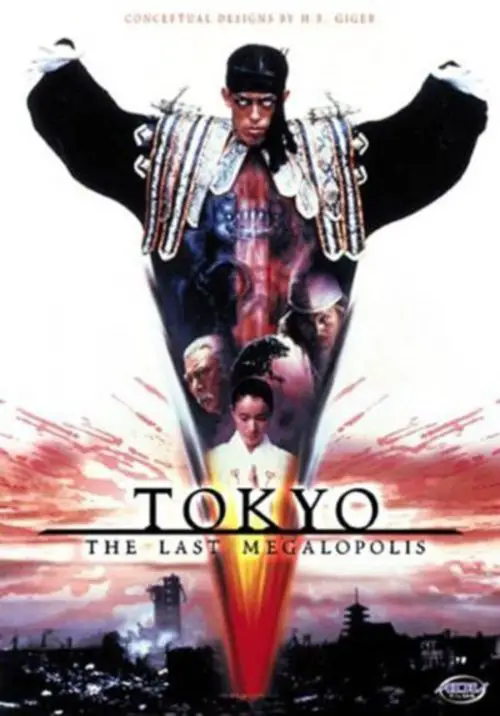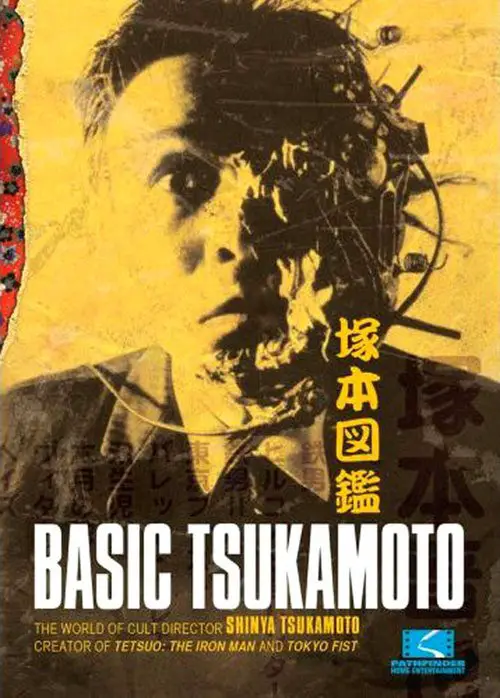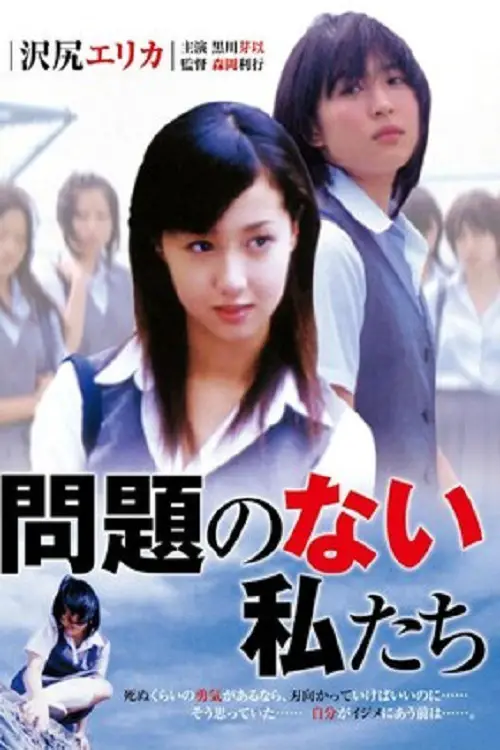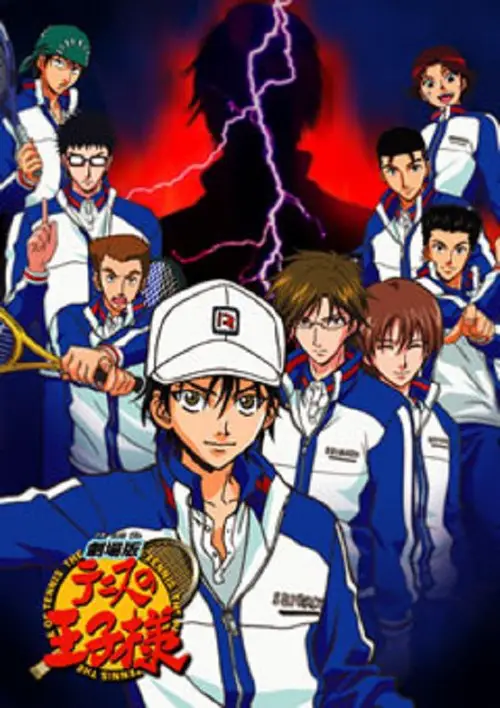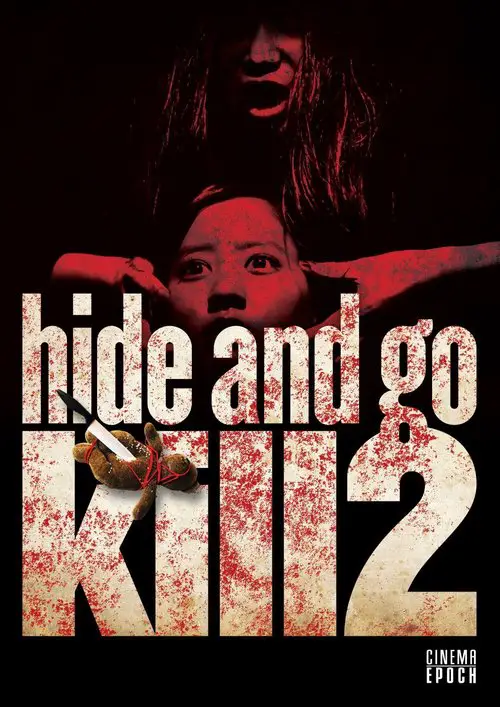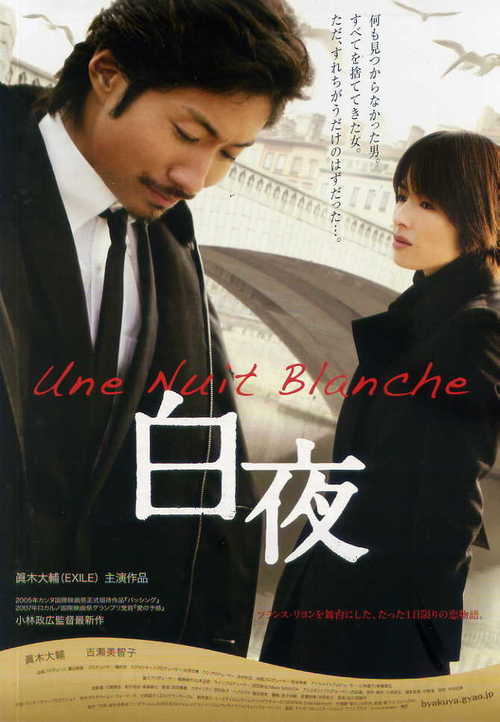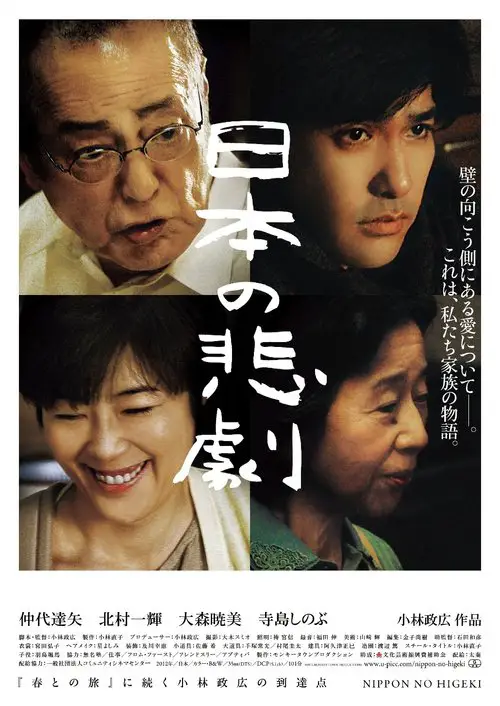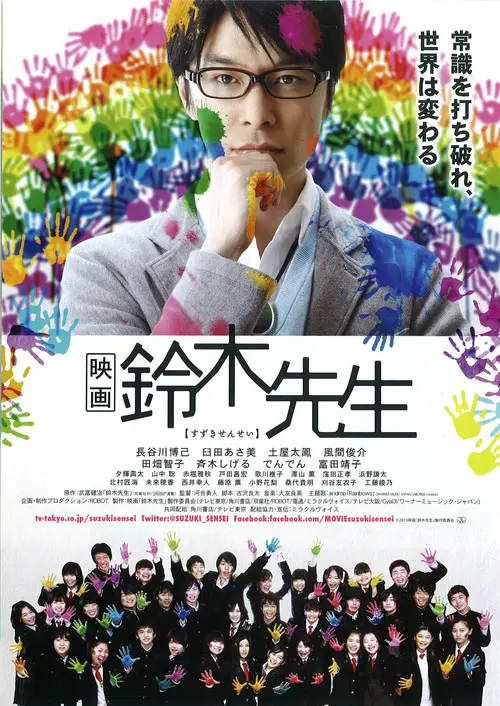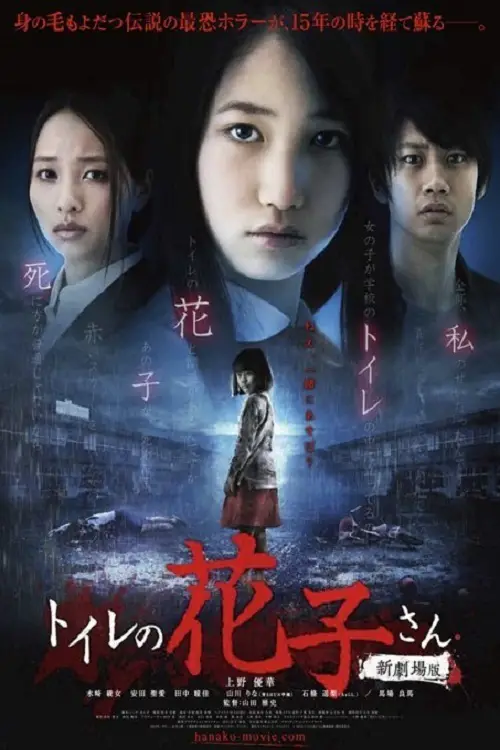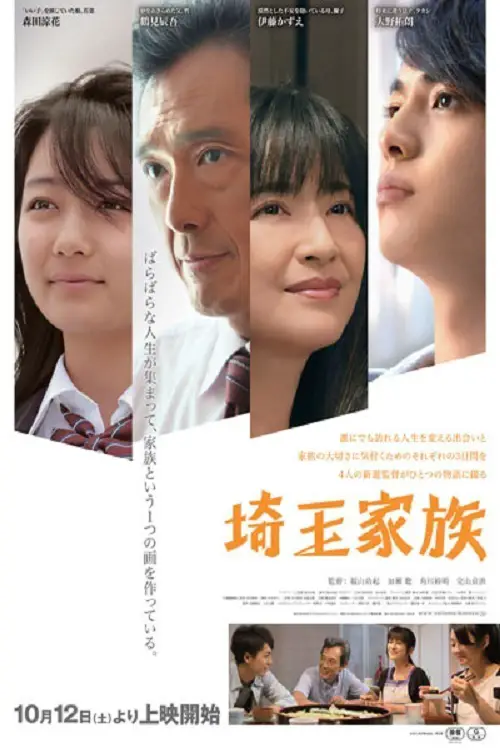Nobunaga Concerto: The Movie (2016)
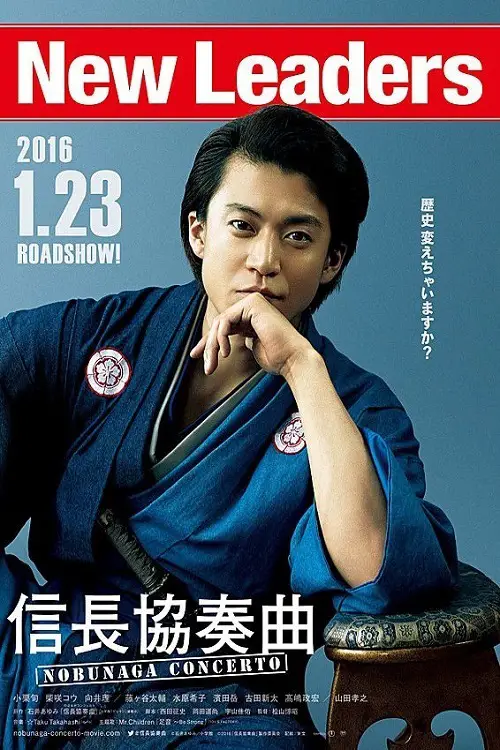
Similar movies
Following in the aftermath of a terrible Demon-Human war, turn of the century Japan is preparing a new fighting force in case the demons decide to return. A squadron of giant robots are built to be controlled by the spirit of the pilot, but it is discovered that the only people with sufficient spirit are young women. After recruiting a team of youths from around the world, the Japanese government decides to keep them a secret by disguising them as a theater troupe, thus requiring them to spend as much time memorizing Shakespeare as they do on military training.
Businessmen arrange the early release from prison of Togawa, serving time for taking revenge on the truck driver whose carelessness confined Togawa's sister, Rei, to a wheelchair. They want Togawa to hijack an armored truck loaded with 120 million yen; their leverage is to promise him money for surgery for Rei. Togawa consents and plans the heist with three others. The plan is solid, but it doesn't go smoothly. Togawa must improvise, there are traitors somewhere, and double-crosses mount. Can Togawa escape with enough money to help his sister and ensure a passage out of Japan?
Daisuke Honda, a war photographer in Vietnam, meets Yuriko Sawanouchi, a stewardess on his plane back to Japan. After drinking with her at a Tokyo bar, he becomes involved in saving Yuriko from assassination by stylish, female ninjas. When trying to rescue Yuriko from kidnappers, Daisuke discovers a group of foreigners are hunting for a WWII-era treasure hidden on an island by Yuriko's father.
At an event hall in Roppongi Hills, there is a charity event for landmine eradication. Kaoru does security with Security Police officers Soichiro Ogata, Eri Sasamoto, Takahumi Yamamoto and Mitsuo Ishida. Kaoru Inoue senses a threatening existence and starts to suffer a severe headache and becomes dizzy. When Kaoru was young, his parents were killed by terrorists and that incident has had an traumatic effect on Kaoru since.
Kiri was trained as a professional assassin. She carries out missions given by her boss. She has Rui whom she adores like a real younger sister. Rui was also trained as a professional assassin with Kiri. A horrific incident leads to the death of Kiri's mother and Rui losing her voice and right hand. Kiri swears to exact revenge.
February 17 to March 3, 1860, inside Edo castle. A group of assassins wait by Sakurada Gate to kill the lord of the House of Ii, a powerful man in the Tokugawa government, which has ruled Japan for 300 years. They suspect a traitor in their midst, and their suspicions fall on Niiro, an impoverished ronin who dreams of samurai status, and Kurihara, an aristocratic samurai who befriends Niiro. Niiro longs to identify his father, knowing he is a high-ranking official who will disclose himself only if Niiro achieves samurai status. With American ships in Japan's harbors, cynicism among the assassins, and change in the air, Niiro resolves to reach ends that may prove ephemeral.
Zatoichi is forced to kill a young man who owes a debt to a yakuza boss. Moments later, his sister Osode arrives with the money she earned (prostituting herself) to pay his debts. The bosses true motives are revealed and he attempts to steal Osode even though the debt is paid. Zatoichi realizes his grievous error and protects the girl from the gang. Osode and Zatoichi are caught in a dilemma as she must rely on her brother's killer for protection and Zatoichi wrestles with the injustice he has caused.
When Bussan learns he has less than a year to live, he decides to continue his life as usual. He spends his time with his friends, a band called Kisarazu Cat's Eye. Their funny adventures range from playing gigs to solving a mystery surrounding counterfeit money, but Bussan's impending death is never far away.
Setsuko Hara plays Fumiko, whose unsuccessful marriage has made her become more and more cynical. When her niece, Ayako visits and complains about her own marriage, she is unsurprised. Meanwhile, a new couple, whose marriage is similarly unblissful, moves in next door. The two couples create a very awkward bond that could ruin both marriages, but everyone seems to be aware and nobody cares either way. [Cinema Talk Blog]
Fu and Suzu are two pretty anarchist girls who decide to take to the road. They set off on a journey to visit the tomb of a small pig by name Pupu. On the way, Suzu decides to drop in on a man with whom she had had an affair in the past. All would indicate she would like to blackmail him. Going their way, they meet a gay couple and a golf player in a blue convertible.Because of Suzu's unbalanced personality, they are always in trouble. Wherever they may be, however, the hero TrunkMan invariably appears in time to save them. Suzu eventually falls in love with the hero, all of which makes for a delicate situation as regards Fu who decides to leave her.
Stories depicting ordinary people revolving around ceremonial occasions. Without knowing that the funeral is for a yakuza member, an undertaker holds the funeral service. Relatives bicker over the deceased's last will. A son insists on wearing a long jacket normally worn by bousouzoku biker gang to a coming of age ceremony. His parents try to stop him. A husband heads over to his pregnant wife. She got pregnant before they got married and his father-in-law is angry at him. A freeter man challenges a professional baseball player over a woman.
Five years have passed since Japan's Great Zombie Panic. The confusion of those days is gone and people have finally regained their ordinary, peaceful lives. One day, out of nowhere, a zombie appears and becomes trapped in a house. Six people have spotted the zombie, including the home-owner couple, a cheeky high school boy, a boring small-factory owner, a suspicious young intern and a woman who insists she is the zombie's wife.
Tomoki Ota seems like an ordinary high school student. He belongs to the surfing club at his school in Tochigi Prefecture. In reality, Tomoki Ota is a figure of national importance and world peace is maintained by Tomoki spending his days without anything happening. His friends Shuta Hayashi and Hideo Matsunaga and Tomoki's high school teachers are on a secret mission from the government to protect Tomoki. One day, Tomoki falls in love.
In the late 16th century, after the death of Nobunaga Oda, Hideyoshi Toyotomi takes power. The age of war is about to end, but Hideyoshi Toyotomi's rule makes life difficult for the people. Monk Senko Ikenobo is a master of flower arrangement. He prays for peace in the world and tries to give hope to the people with flower arrangement. He becomes good friends with Rikyu. Rikyu is a monk and a politician. He has the most profound influence on chanoyu. Rikyu is forced to commit hara-kiri by Hideyoshi Toyotomiâs order. Monk Senko Ikenobo challenges Hideyoshi Toyotomi.
During the military phase of the Meiji Restoration of 1868, Sentaro joins a local militia loyal to the Tokugawa Shogunate in order to fight Imperial troops. But Sentaro's friendship with a pickpocket, who switches sides whenever it suits his needs, leads to complications that could cost Sentaro his life as they infiltrate enemy lines.
Half-witted longtime friends Albert (Luis Manzano), Isaac (Billy Crawford), Mozart "Mo" (DJ Durano), Michaelangelo "Mike" (Martin Escudero) and Aristotle "Aris" (Marvin Agustin) were used to living moronic yet pretty normal and hassle-free lives until successful career woman Becky Pamintuan (John Lapus) accused them of killing her father and ruin everything for them. The Moron 5 are more than sure of their innocence but for the life of them, they can't find any single satisfactory argument on how to prove it especially when their opponent would do everything to punish them for whim. Spending three miserable years in prison trying different failed comedic attempts to get out, they finally figured a way to escape. They stalked Becky and tried to understand why she's fighting so hard to have them imprisoned when it's clear as day that what happened three years ago was a nonsense frame-up... Written by Ben Jr Barsalote
The spaceship AAB-Gamma is dispatched from FAFC headquarters in Japan to make a landing on the planet Mars and investigate reports of UFOs in the area. As they near the red planet, they encounter a mysterious UFO that coats the ship's hull with unusual spores. Taking one of the specimens back to earth, it soon develops and grows into a giant chicken-lizard-alien monster that tramples Japan.
Japan sinks! Proving once again that Japan will never cease to find inventive ways to destroy itself on screen, this summer's blockbuster Sinking of Japan brings apocalypse through tectonics. Based on Sakyo Komatsu's best-selling novel, Sinking of Japan was first put on the big screen in Moritani Shiro's 1973 classic. In 2006, director Higuchi Shinji remakes the disaster movie, taking the story to
Groundbreaking director Mamoru Oshii continues to push the boundaries of art and anime with this universally acclaimed cyber thriller following cyborg detective Batou as he tries to unravel the reasons for a murderous robot revolt in the year 2032. A quest for a killer that becomes a mind bending search for the meaning of life.
Inuyasha and his brother, Sesshomaru, each inherited a sword from their father after his death. However, their father had a third sword, named Sounga, that he sealed away. Seven hundreds years after his death, Sounga awakens and threatens mankind's very existence. How will the children of the Great Dog Demon stop this unimaginable power?
Visions of a bleak, post-apocalyptic urban wasteland strewn with twisted hunks of mechanical wreckage. A rasping electronic buzz on the soundtrack. These impressions kick-start into a jarring, rapid-fire sequence of chrome, neon and showers of sparks alongside the howl of roaring motors, as boys in black leather with Be-Bop High School quiffs ride menacingly out into the night in the theatrical debut from arguably the most important director to emerge from Japan during the 80s. Completed by former punk musician Ishii for his film course graduation from Japan University in Tokyo, this raw-edged biker flick is a tour-de-force of automotive auto-eroticism. Originally shot on 16mm, Toei were so impressed by this violent counter-cultural kick-back against the anodyne fluff that typified early 80s cinema that they blew it up to 35mm for theatrical distribution.
The film generally regarded as Japanâs first true musical was also the first film made entirely in-house by the pioneering studio P.C.L., a company founded specifically to take advantage of emergent sound technology. P.C.L. worked in collaboration with a brewerâs firm, Dai Nihon Biru, who met the production costs of the film in full, and whose products are featured in the film in an example of the sophisticated and modern merchandising typical of the studioâs early work. The film is partially set in a beer hall, and its story concerns a beer seller at a train station and her relationship with a music student trying to create a hit song. Director Sotoji Kimura was to become a company stalwart, making such films as Ino and Mon, while actress Sachiko Chiba would emerge the studioâs first real star, appearing in such films as Wife Be Like a Rose.
At the close of the war in Japan, a widowed mother makes every possible sacrifice to bring up her ungrateful son and daughter who are unimpressed with their poor standard of living at home. They gradually reject her in search of the material comforts that working as a maid cannot provide. The mother's despair becomes interminable.
The film is told in three acts, beginning with a historical background of Japan's student movement of the 1960s and early 1970s, mostly using archive footage and a narrator. The second act follows the formation of the group to their mountain training camps in the southern Japanese Alps. It emphasizes the dogmatic (and eventually hypocritical) bullying of the group by Mori and Nagata, with 12 members being killed for infractions as small as improperly cleaning a gun, wearing make-up, and kissing. The third act shows the splitting up of the group after two members run off. It follows one group of five members to Karuizawa and a hostage-taking and police standoff known as the Asama-SansÅ incident.
Set in the port city of Yokohama, two girls, Sunako and Dora who attend a Christian school, pledge to be friends. But when a youth named Henry appears on his motorcycle and offers to take Sunako for a ride, we know that this friendship won't last and that the lives of both girls will change in ways they are barely able to comprehend, and can do little to change.
Nagisa Oshimaâs most personal film is a reflection by the director on his own disillusionment with the revolutionary student movement of the 1950âs and the failure of political radicalism. Taking itâs title (as a reference or homage) from Alain Resnaisâ pivotal 1956 documentary Nuit et Brouillard, the film has a group of former student revolutionaries who meet again years later at the wedding of one of their classmates. Old feelings, rivalaries and grudges gradually erupt to the surface as the one-time friends recall the various treacheries by which their cause was defeated. Cutting between times past and the present, and unfolding the action from each of his characters viewpoints, Oshima creates an abstract and yet engrossing study of passions past and principles eroded. âYume Pictures
When her only relative, her elder brother is accused of robbing and murdering an old woman loan-shark, pretty, young Kiriko (Chieko Baisho) travels from her home in Kyushu to Tokyo to get Japan's top lawyer to defend her brother. Unfortunately her naive idealism is shattered when the lawyer refuses to take the case based on her insufficient funds. What follows is a long determined revenge plot that sees the heroine become a Tokyo bar hostess and worse to punish the lawyer. The plot thickens with another murder mystery and a sleuthing reporter.
Following the detonation of the atomic bombs on Hiroshima and Nagasaki, the Japanese military and the government clash over the demand from the Allies for unconditional surrender. Minister of the Army Anami leads the military officers who propose to fight on, even to the death of every Japanese citizen. Emperor Hirohito, however, joins with his ministers in asking the unthinkable, the peaceful surrender of Japan. When the military plots a coup to overthrow the Emperor's civilian government, Anami must face the choice between his desires and loyalty to his Emperor.
A sex-obsessed young woman, a suicidal young man she meets on the street, a gun-crazy wannabe gangsterâthese are just three of the irrational, oddball anarchists trapped in an underground hideaway in Oshimaâs devilish, absurdist portrait of what he deemed the âdeath driveâ in Japanese youth culture.
In the Sengoku period, a woman and her daughter are raped and murdered by soldiers during a time of civil war. Afterwards, a series of samurai returning from the war through that area are found mysteriously dead with their throats torn out. The governor calls in a wild and fierce young hero to quell what is evidently an OnryÅ ghost. He encounters the two beautiful women in an eerie, beautiful scene. After spiritual purification, he meets the demon in a thrilling fight.
Interview with world renown cult director Shinya Tsukamoto. This interview will tell you how and when he started creating his own world of cinema exactly the way he thought it should look. Also he is an accomplished actor appearing in many films directed by other directors like Takashi Miike (Ichi the Killer). The interview includes very rare footage of never released films like "10000 Channels" his TV commercials and rare footage of live shows at the Kaijyu Theater in Tokyo.System
Mio Sasaoka hears of a middle school student that was a victim of bullying and then committed suicide. Mio thinks the girl should have confronted her tormentors rather than committing suicide. Mio herself is the leader of a group of students at her school. She is a bully. Her main target is Maria Shiozaki who is weak. Mio pushes her into the swimming pool and scribbles on her book, justifying her actions because Maria is disagreeable.
The regular players from Seigaku participates in an exhibition game aboard a cruise ship. However, they discover that the event is being run by a corrupt millionaire heavily involved in illegal gambling and betting, who demands that they lose the match on purpose. To add to the confusion, one of the players on the rival team introduces himself as Ryoma's brother.
An aspiring hair dresser (Kuriyama) becomes the infatuation of a tricophilic man who sells hair extensions to nearby hair salons. The source of the hair is the corpse of a girl whose dead body continues to grow beautiful, voluminous, black hair that comes alive, driving those who use the extensions insane or killing them.
When her classmate Ritsuko disappears, her friend Ryoko is desperate to find her. When she discovers that Ritsuko was playing a strange game online of hide and seek, she begins to wonder if it could be related to her disappearance somehow. Ryoko then discovers that the game is more sinister than it appeared at first. It is linked to demonology and the supernatural. Will she be able to get past her fears and superstitions to discover what secrets the game of hide and seek might hold?
Teacher Akira Suzuki (Hiroki Hasegawa) breaks away from long held customs and norms at his school. He tries hard to have the ideal classroom by using his own "Suzuki method". The new semester begins. His homeroom 2-A class is about to have a student council election and preparations for a school festival. A man (Shunsuke Kazama) then takes a female student hostage ...
High school student Erika is sick and tired of her weakness. By chance, Erika begins working at a cabaret night club. She eventually becomes the top lady in the night world and is known by her nickname Kurumi. In the process, she manipulates men and makes a lot of money from them. Deep down inside though, Erika suffers from loneliness and fear. A man then appears in front of her.
Sayo moves from Tokyo with her mother to her grandmotherâs house in the country. On her first day of school as a transfer student, she witnesses her new friend Maho getting bullied by her classmates. However, she fails to save her due to fear of being the odd one out. When she returns home, she becomes worried that Maho was trapped in the school bathroom. Soon, she discovers that Maho has diedâ¦
© Valossa 2015–2026
| Privacy Policy

